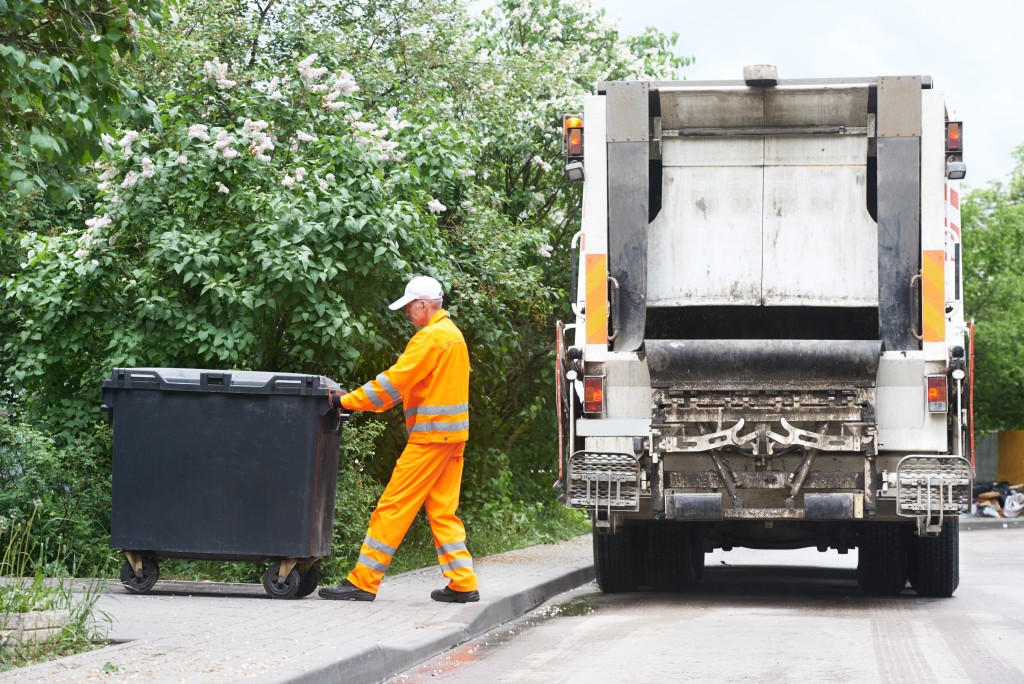Experts from both private and government sectors, such as environmental scientists, waste company consultants, solid waste and recycling analysts, and others would have to work together to create a cost-efficient plan to manage the waste produced by a single locale. This task requires logistical planning and profound scientific knowledge of the environmental impact of the process. Not everyone may understand why this is important though, so here are some of the reasons why we need waste management and recycling.
We produce more and worse waste
Thousands of years ago, our ancestors would only need to dig a hole to dispose of their refuse and waste. This was effective because there were fewer people back then and they did not produce as much waste as we do now. Vermin would not be able to access the buried garbage too, keeping them from spreading diseases. But this would not be a sustainable solution now that we produce much more waste, a lot of which is non-biodegradable and inorganic. If we bury our waste in a landfill, it will not be broken down naturally and will only keep piling up.
Pollution
Rotting garbage produces harmful gases which people could breathe in. Even the vegetation around landfills does not do well when exposed to garbage. If not managed properly, waste can contaminate water sources as well, and can be a source of serious diseases like cholera and dysentery. Proper waste management takes care of all of these problems and ensures that waste is not exposed to the air and water sources that can be contaminated.
Mismanaged waste products destroy animals and their habitats
The harmful gases and chemicals in garbage can contaminate its immediate environment and spread even further. These sustances could easily cause plants and trees to deteriorate and die. If these happen to spread to the natural habitats of animals, they might be driven off or contract illnesses and die due to the pollution. Currently, birds and marine animals frequently ingest waste products, like plastic, which suffocate them or ingest them, causing organ damage or deadly illnesses since their bodies would not be able to break down the material.
Recycling is cost-efficient
Once they have collected garbage, waste management companies sort them into recyclable columns. The waste in these columns, which includes glass, oil, plastic, and paper, will then be processed to be made into new products. Manufacturing products through recycling may put less pressure on natural resources, and make the production even easier and cheaper. Recycling would also keep non-biodegradable products from harming the environment and the lives that thrive there.
Garbage ruins landscapes
 Recycling and waste management help conserve the natural beauty of our planet. Tourist attractions around the world are facing problems brought about by poor garbage disposal of tourists. This can be even more of a problem in nature attractions such as hiking trails, beaches, and forest parks, where the natural ecosystems can be damaged by mismanaged waste. Waste management and recycling are important for our individual health and the planet’s overall health as well. Neglecting this process can lead to serious consequences that would have a negative impact on your surroundings and eventually to yourself.
Recycling and waste management help conserve the natural beauty of our planet. Tourist attractions around the world are facing problems brought about by poor garbage disposal of tourists. This can be even more of a problem in nature attractions such as hiking trails, beaches, and forest parks, where the natural ecosystems can be damaged by mismanaged waste. Waste management and recycling are important for our individual health and the planet’s overall health as well. Neglecting this process can lead to serious consequences that would have a negative impact on your surroundings and eventually to yourself.







